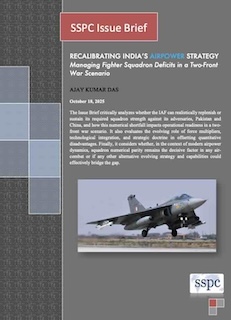-

The issue brief provides an in-depth analysis of the 2025 India-Pakistan conflict, focusing on the strategic use of loitering munitions and Suppression of Enemy Air Defences (SEAD) in modern warfare. It examines the implications of the possible use of these technologies within the context of Operation Sindoor, which India launched in response to the Pahalagam terrorist attack, and the subsequent military exchanges between the two nations.
-

The International Court of Justice (ICJ), the principal judicial organ of the United Nations, is one of the most influential bodies for administering international law and justice. This paper examines the Court's effectiveness in fulfilling this role, focusing on its past and recent rulings to assess its impact and influence in the international arena. The study begins with an overview of the ICJ's background, detailing its membership, composition, jurisdiction, and the significance of its location in The Hague.
-

The issue brief explores the complex challenges South Korea faces in securing its cyberspace amid rapid digital transformation and escalating geopolitical tensions. Despite being one of the most digitally connected nations, South Korea's cybersecurity framework suffers from significant vulnerabilities, particularly due to persistent cyber threats from North Korea and other state and non-state actors. The study examines South Korea's cybersecurity framework through four distinct phases, each reflecting increased sophistication in policy development.
-
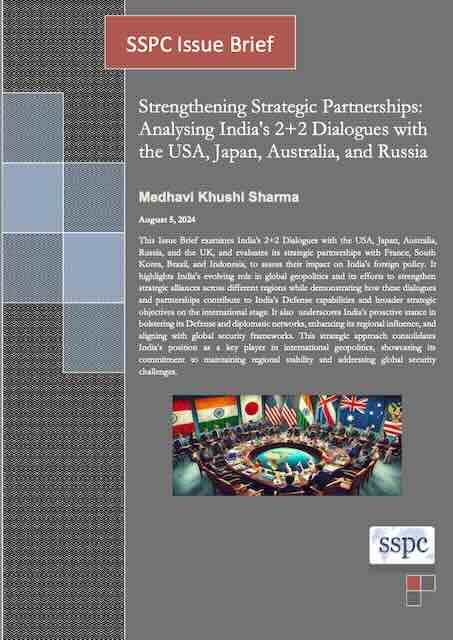
This Issue Brief provides a comprehensive examination of India's 2+2 Dialogues with key global partners, including the USA, Japan, Australia, Russia, and the UK, emphasizing the strategic importance of these engagements. Extending the analysis to India's partnerships with France, South Korea, Brazil, and Indonesia, the study evaluates the multifaceted impact on India's foreign policy.
-
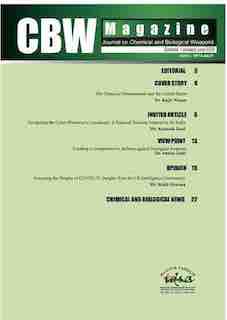
The paper discusses the use of white phosphorus (WP) munitions in recent conflict zones such as Ukraine, Gaza, and Nagorno-Karabakh, highlighting the significant legal, ethical, and humanitarian issues it raises. It argues for critically reassessing white phosphorus use in warfare to ensure it aligns with humanitarian values and public ethics.
-
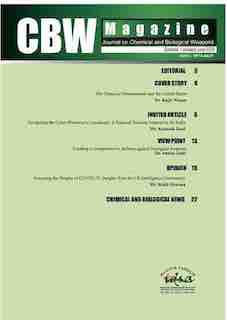
The ever-evolving landscape of national security threats has expanded to encompass traditional geopolitical and military risks and challenges arising from the cyber and biological domains termed cyber-biosecurity. This hybrid concept of cyber-biosecurity emerges as an innovative fusion, encapsulating the rapidly converging disciplines of cybersecurity and biosecurity.
-
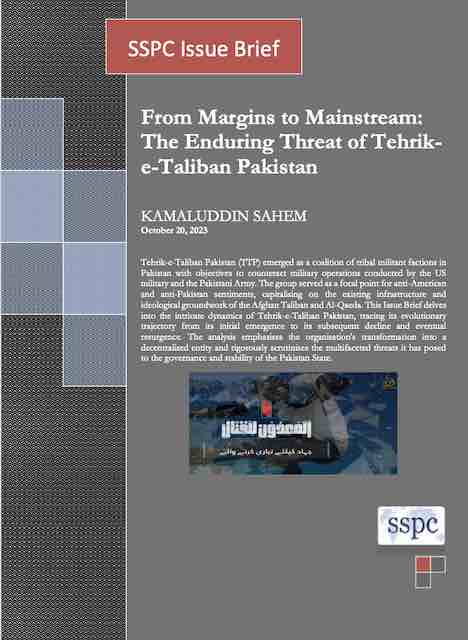
Since the Soviet incursion into Afghanistan, Pakistan has been strategically invested in its neighbouring country, seeking to establish a sphere of influence there. Pakistan has employed a multifaceted approach to realise this ambition over the years. This has ranged from backing the Afghan Mujahedeen during the Soviet-Afghan War to fostering extremist and terrorist organisations within the region, culminating in its extensive support for the Afghan Taliban throughout the 1990s.
-
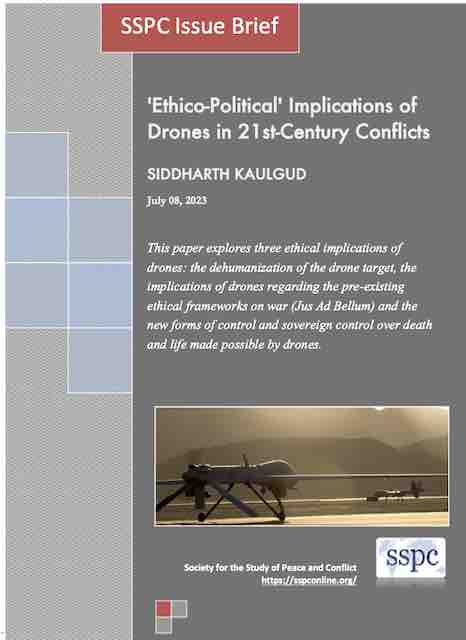
Drone technology is increasingly becoming more capable of autonomous violence and destruction. With drones heralding a new age of warfare and a change like military technology, it is crucial to evaluate drones' ethical and political implications. This is because drones are capable of integrating advanced algorithmic and computer systems, thus allowing a level of mathematical precision to military operations that have never been seen before. Proponents of drones would say that this allows for a reduction in unintended casualties.
-
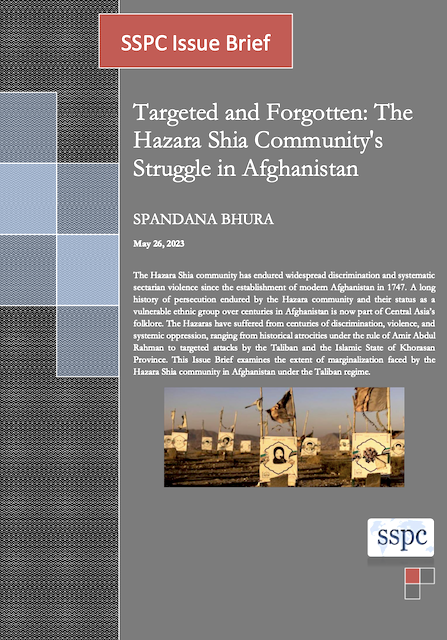
The Hazara Shia community has endured widespread discrimination and systematic sectarian violence since the establishment of modern Afghanistan in 1747. A long history of persecution endured by the Hazara community and their status as a vulnerable ethnic group over centuries in Afghanistan is now part of Central Asia’s folklore. The Hazaras have suffered from centuries of discrimination, violence, and systemic oppression, ranging from historical atrocities under the rule of Amir Abdul Rahman to targeted attacks by the Taliban and the Islamic State of Khorasan Province.
Paxton ported to drupal by DropThemes.in
